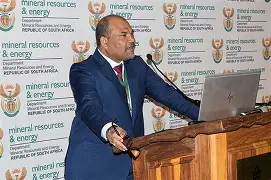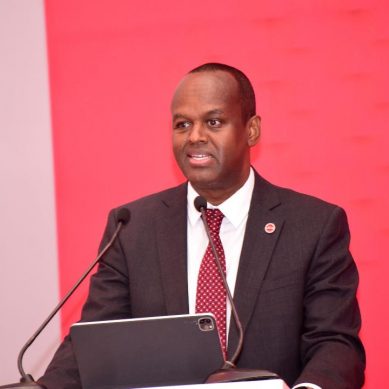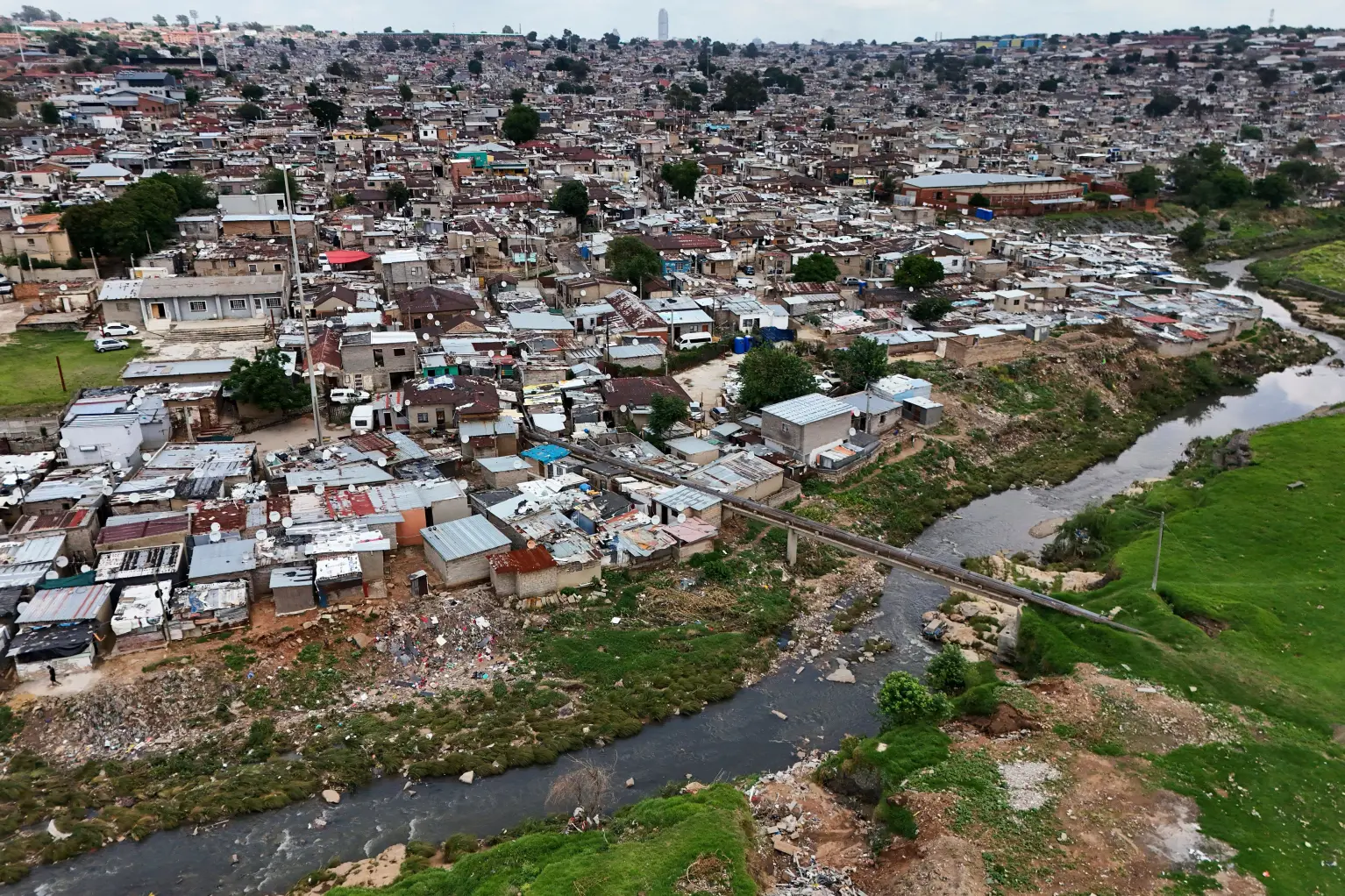
Kenya is in the penultimate stages of developing comprehensive policies for research development, artificial intelligence and science diplomacy to strengthen country’s innovation ecosystem and enhance healthcare delivery.
Speaking during the 7th Kenya Association of Muslim Medical Professionals (KAMMP) scientific conference in Mombasa, Principal Secretary for Science, Research and Innovation, Prof Abdulrazak Shaukat announced that the government is finalising the Research Development Policy to complement the Science, Technology and Innovation Act of 2013.
“We already have the Science, Technology and Innovation Act that was enacted in 2013, but we are finalising the science, technology and innovation policy that is going to look at the entire ecosystem, including health,” Prof Shaukat said.
The principal secretary revealed that two additional policies are in the pipeline, including a strategy for Artificial Intelligence and a policy on science diplomacy, to promote international collaboration in scientific research.
“We are developing the policy for Artificial Intelligence and we are in the trajectory of finalising the science diplomacy policy so that we can bring the internationalisation of science and work in the country, in the region as a continent and globally in contributing to global knowledge and have impact in the community and society at large,” he said.
The principal secretary commended the conference for addressing cutting-edge technologies, including Artificial Intelligence, genomics and nanotechnology, particularly in nano-medicine applications.
He also noted the emergence of local pharmaceutical industries capable of producing medicines for Kenyan consumption, stating this was a commendable development toward self-sufficiency in medical production.
Prof Shaukat disclosed that the government currently allocates 0.8 per cent of GDP, to research and development, with plans to increase this to one per cent.
“The government is committed to supporting research and development, including the areas of health through the National Research Fund,” he said.
Secretary General of KAMMP Abdullah Bajaber emphasised the importance of government support, in enabling youth innovations to flourish.
“There are many youths who have innovation, but there are challenges here and there that make them not to get far and their innovations not to be seen or be exposed as needed,” Bajaber said.
He noted that through the promises given by the principal secretary and the ministry of health, collaboration would be critical in motivating young people, to pursue research and innovation.
Bajaber identified funding, regulatory approvals and policy frameworks, as key challenges facing young innovators, adding that collaboration with associations and partner organisations would help address these obstacles.
Director of Department of Public Health Standards Omar Ahmed said the ministry looks forward to collaborating with professional organisations like KAMMP to drive the government’s health agenda.
“We look forward to collaborating with partners and professional organisations like KAMMP to really drive the big agenda, which includes strengthening of the Social Health Authority (SHA), reducing the burden of disease, strengthening primary health care and ensuring every Kenyan has access to quality affordable health care,” Ahmed said.
He noted that Kenya has one of the best health systems in the Sub-Saharan Africa, second only to South Africa and emphasised the need to make health services accessible to all citizens at primary, secondary and tertiary levels.
CEO of Kenyatta University Teaching and Referral Hospital Zainab Gura underlined the critical role of human resources in achieving Universal Health Coverage.
“This is a solidarity to show that science is important, research is important, innovation is important, but most importantly, human resources is the cog in the wheel of achieving Universal Health Coverage,” Dr Gura said.
She called for collaboration between health professionals and the Departments of Health and Science, to translate research findings into policies and practice that serve Kenyans and their communities effectively.
- A Tell Media / KNA report / By Sitati Reagan





